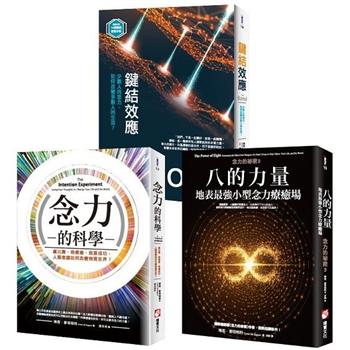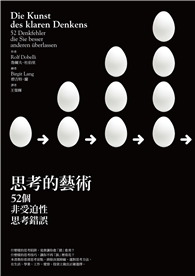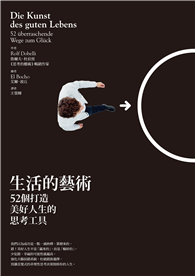Information technology matters. The formulation of business models and strategies is likely to be seriously flawed if it neglects new technological changes and repercussions. Information technology and organizational learning are both critical to attaining and sustaining competitive advantage. Based on these premises, and on the increasingly evident obsolescence of the traditional, hierarchical business model, the author takes an integrated approach to the discussion of organizational learning, new value propositions, supply-chain optimization, e-commerce, new perspectives on business process reengineering, collaborative business models, globalization of business, and the continuing trend toward virtual integration.
This book is not another tired exhortation to take advantage of technology to improve corporate performance. One cannot utilize technology to its full potential without also overhauling the rigid, hierarchical business model that was designed for the command-and-control corporate environment of the industrial era. Tsai takes a comprehensive view of everything that needs to be done in order to make the most of emerging technologies. The new information economy calls for companies that foster strategic collaboration through a more horizontal organizational structure. A more synchronized supply chain yields better customer service, higher quality, faster delivery, and lower inventory. In the customer-centric environment, a new value proposition is essential. Business processes must be fast, focused, flexible, responsive, and nimble. With the knowledge gained from this book, one should be able to face the future with an ability and capacity to discern technology policies and make decisions concerning strategic positioning and competitive business strategy.| FindBook |
有 1 項符合
Information Technology and Business Process Reengineering: New Perspectives and Strategies的圖書 |
 |
Information Technology and Business Process Reengineering: New Perspectives and Strategies 作者:Liang Tsai 出版社:Praeger 出版日期:2003-03-30 語言:英文 規格:精裝 / 320頁 / 23.52 x 16.21 x 2.79 cm / 普通級/ 初版 |
| 圖書館借閱 |
| 國家圖書館 | 全國圖書書目資訊網 | 國立公共資訊圖書館 | 電子書服務平台 | MetaCat 跨館整合查詢 |
| 臺北市立圖書館 | 新北市立圖書館 | 基隆市公共圖書館 | 桃園市立圖書館 | 新竹縣公共圖書館 |
| 苗栗縣立圖書館 | 臺中市立圖書館 | 彰化縣公共圖書館 | 南投縣文化局 | 雲林縣公共圖書館 |
| 嘉義縣圖書館 | 臺南市立圖書館 | 高雄市立圖書館 | 屏東縣公共圖書館 | 宜蘭縣公共圖書館 |
| 花蓮縣文化局 | 臺東縣文化處 |
|
|
圖書介紹 - 資料來源:博客來 評分:
圖書名稱:Information Technology and Business Process Reengineering: New Perspectives and Strategies
內容簡介
作者簡介
HUI-LIANG TSAI is Professor of Business Administration in the MBA Program at Lebanon Valley College and an adjunct faculty member in the School of Business Administration at Penn State, Harrisburg. He was chair of the Advisory Program Committee and the MIS Reengineering Management Track for the 1999 Information Resources Management Association International Conference. He is the author or coauthor of three other Praeger books: Money in Economic Systems, The Energy Illusion and Economic Stability, and Energy Shocks and the World Economy.
|











